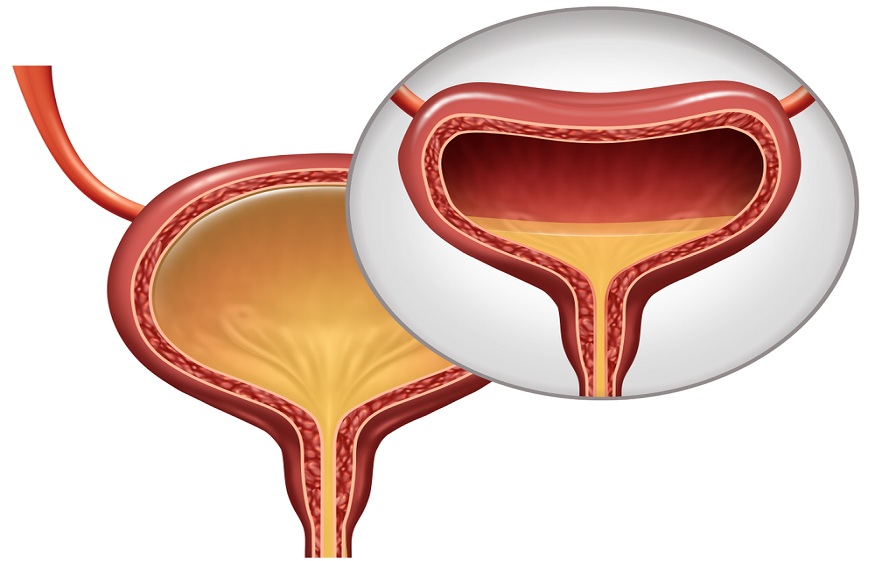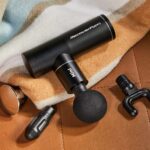
Overactive bladder is a combination of symptoms that affect how you urinate. It mostly affects adults over sixty-five years. You may pee more frequently, have an uncontrollable urge to urinate, experience incontinence, or need to pee at least twice a night. Mount Vernon overactive bladder symptoms happen when the detrusor muscle in the wall of your bladder is affected. Common causes of overactive bladder include abdominal trauma, nerve damage, certain medications, infections, excess weight, and estrogen deficiency after menopause. There are various treatments for overactive bladder, depending on symptoms, severity, and age, which include:
Medications
Your doctor may prescribe medications to help restore your normal bladder function. Common overactive bladder drugs include:
Anticholinergic medications: These drugs help regulate muscle spasms in your bladder. Common anticholinergic medicines include Trospium, Solifenacin, and Oxybutynin.
Beta-3 adrenergic medications: These medicines relax the detrusor muscles in the bladder, helping it store more pee. Commonly used beta-3 adrenergic drugs include mirabegron and vibegron.
Lifestyle modifications
Monitor your diet
Avoid or cut back on foods and drinks that can cause overactive bladder symptoms. Common foods that can cause or worsen your symptoms include tea, coffee, alcohol, caffeinated soft drinks, chocolate, and fruit juices. Spicy and acidic foods, tomatoes, and tomato-based products can also cause bladder symptoms.
Maintaining bowel regularity
Constipation can exact pressure on your bladder and affect its function. Healthy bowel habits can help avoid constipation and minimize bladder symptoms. Exercising regularly, increasing fiber intake, and drinking two to four extra glasses of water daily are common habits that help maintain bowel regularity.
Manage your weight
Being overweight can exact pressure on your bladder, leading to bladder control issues. Reducing excess weight and maintaining a healthy weight can help reduce pressure on your bladder.
Nerve stimulation
Nerve stimulation helps improve overactive bladder symptoms. Your nerves tell your brain when your bladder is full, so this therapy helps improve your bladder control. Doctors recommend nerve stimulation when other treatments are ineffective. There are various nerve stimulation techniques for an overactive bladder, including:
Sacral nerve stimulation
Sacral nerve stimulation uses electric impulses to stimulate the nerves that control your bladder. This therapy involves your doctor implanting a small device known as a neurotransmitter under the skin near your upper buttock region. The neurotransmitter sends low electrical impulses through a wire near your sacral nerve, helping you control your bladder. Sacral nerve stimulation helps minimize the number of times you use your bathroom or accidentally leak pee.
Percutaneous tibial stimulation
Percutaneous tibial nerve stimulation sends mild nerve impulses to the nerve branch near your ankle, stimulating bladder control. Doctors usually recommend twelve weekly treatment sessions and monthly maintenance sessions for effective results.
Botox injections
Botox injections consist of Botulinum toxin. Your doctor administers the injection into your bladder wall using a cystoscope. Botox injections may be beneficial if other overactive bladder therapies are ineffective. The injections wear off over time, so you must get additional injections every six months.
Overactive bladder is when you have an uncontrollable urge to pee, urinate frequently, or experience urine incontinence. Your doctor can treat an overactive bladder through medications, lifestyle modifications, or nerve stimulation. Schedule an appointment at Bellingham Urology Group for overactive bladder treatment to prevent urine leakage.







